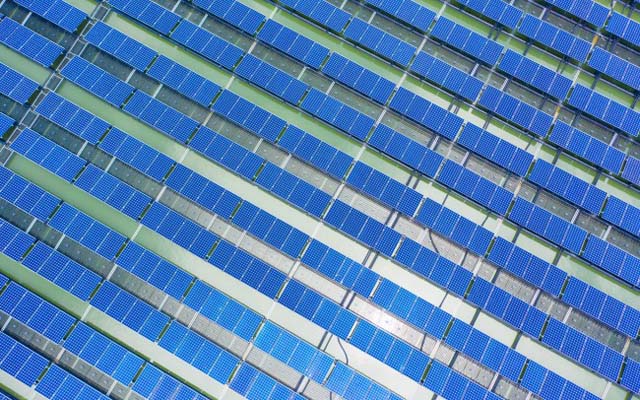Engineering consultancy and ship designer Longitude Engineering has recently completed a project to provide alternative fuel systems engineering for a new vessel design by Dykstra Naval Architects, for Greenpeace International.
Longitude’s specialist department in vessel design, conversion and refit, supported Dykstra Naval Architects in this cutting-edge design, by providing systems design for the alternative fuel systems for e-methanol green hydrogen, and propulsion power systems as well as other marine systems onboard.
Fabien Rondal, Greenpeace programe director said: “At a time where the maritime industry is under increasing pressure to get its act together in terms of emissions reduction, our new 75m ship will lead the way by showing how a smart combination of green technologies can power high seas shipping. With more than 2000 sqm of sails supporting energy regeneration on board, battery packs and solar panels, our new ship will optimally harness the power of the wind and the sun. It will also be equipped with innovative power systems that will allow us to use green hydrogen and e-methanol to cover the remaining energy demand.”
Dean Goves, Longitude Operations and Maritime Design Director said: “We were really pleased to offer our expertise in alternative fuels to support this first of its kind project. This vessel will be completely emissions free, harnessing power from green energy resources of wind and solar PV. Together with the vessel’s sail power, the hydrogen and methanol energy generation capabilities will enable the vessel to operate emissions free under all conditions.”
Freire Shipyard of Vigo, Spain will undertake the construction of the groundbreaking ship.
Longitude is the independent engineering, design and analysis branch of Oslo-listed global consultancy ABL Group, specialising in vessel design, conversion and refit, marine operations engineering services, and engineering services for energy transition technologies. Its record in engineering clean shipping solutions includes the design of the zero-emission hydrogen fuel-cell seagoing ferry Hyseas III and the design of the first zero-emission electric service operation vessel (eSOV) for Bibby Marine.
Goves concluded: “This project perfectly aligns with our company purpose to drive sustainability in energy and oceans, and speaks to our extensive multi-disciplined engineering and marine expertise. It has been a pleasure to work on it.”
Image: Marine solar PV panels (source: Longitude)



